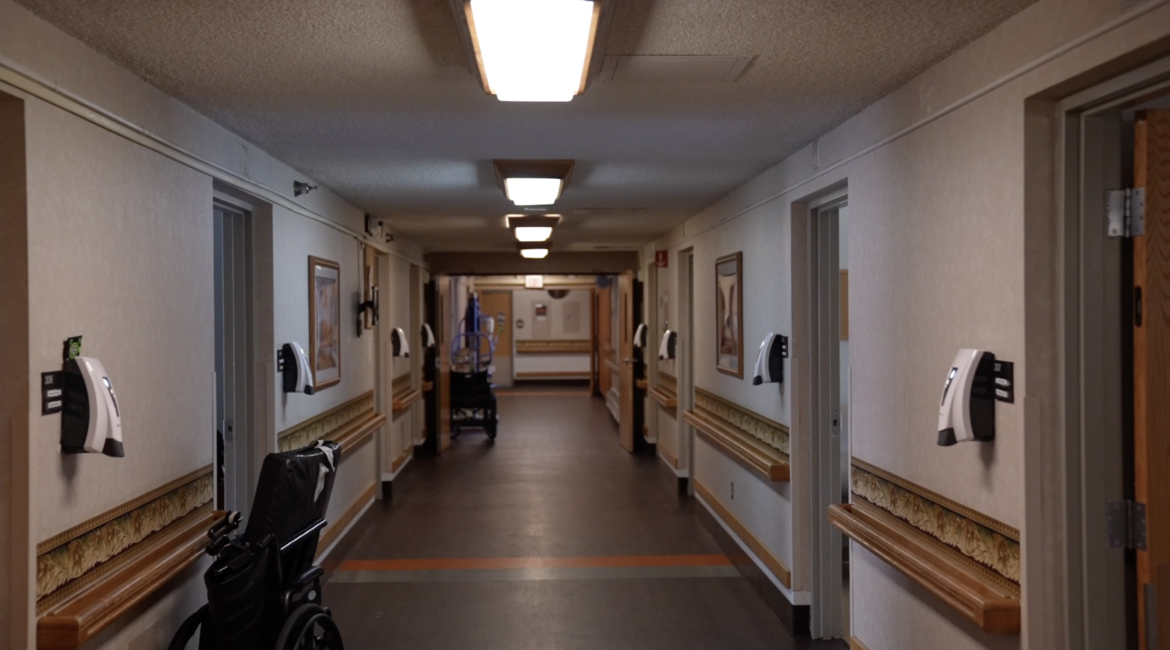Whether it’s your first time ever working as a nurse or you’re transitioning to a new facility, your first day on the job can be daunting. Although you already have the education and experience needed to succeed in your role, there are still several things you can do to acclimate to your job well. Here are a few tips to consider.
If You’re a First-Time Nurse
1. Ask Questions
While you may have learned nursing concepts and best practices in school, every job comes with a learning curve. Always get clarity on anything you’re uncertain about to prevent misunderstandings. Never be afraid to ask a supervisor or colleague to repeat themselves, elaborate on what they mean, or give an example if you don’t understand something.
2. Practice Time Management
Your first couple of days may feel very fast-paced and chaotic. As you spend more time on the job, you’ll learn how to prioritize patients based on involvement of care and other key factors. Get in tune with the rhythm of the facility by watching other nurses to follow their lead. In time, you’ll learn how to structure your day wisely to provide the level of care all your residents need.
3. Keep a Steady Face
Classroom and hands-on training will only expose you to a certain number of scenarios. When you actually start work as a nurse, there may be circumstances that surprise or overwhelm you. While you may be caught off guard the first time you experience these scenarios, what’s important is maintaining a poker face while on the job. Later, you’ll have time to process your thoughts and feelings to work through any challenging days.
4. Be Mindful With Patient & Family Communication
Nurses fresh out of school may be used to speaking in acronyms and clinical terms. Remember that it’s best to use digestible, easy-to-understand terms when discussing information with patients and their family members. Additionally, take time to listen to and answer their questions, too.
5. Make Time for Self-Care
Your official introduction to the world of nursing may feel overwhelming at first, but eventually you’ll be able to find balance and enjoy your down time. In your time away from work, be sure to get enough sleep and eat well to reduce your risk of experiencing burnout.
If You’re a Nurse Transitioning to a New Facility
1. Be Open to Learning New Things
Although you’re bringing experience to the role, arrive at the new facility with an open mind. You may take on some new responsibilities that you didn’t have in previous jobs, which could help you succeed and advance your career in the future.
2. Stay on the Lookout for Different Practices
Some procedures and protocols may vary from one facility to the next. Be on the lookout for deviations from what you’re used to. While you can adapt to the new way, it might also be worth mentioning to a supervisor that there could be a more efficient method to consider, which could earn you some brownie points early on.
3. Identify the Preferred Method for Communication
Find out how your supervisor prefers to communicate. While some prefer calls or texts, others may want to speak face-to-face about schedule changes or other important updates. This will not only keep your supervisor happy, but you’ll also be able to reach them promptly when you need to get in touch.
Whether you’re just starting your nursing career or you’re looking to switch facilities, Mutual Nursing can help you find the perfect job opportunity based on your specific goals. We specialize in matching nurses and employers whose needs and expectations fit together. Start your journey towards a fulfilling nursing career by filling out an application online.
